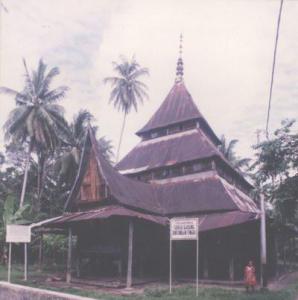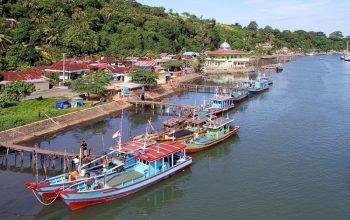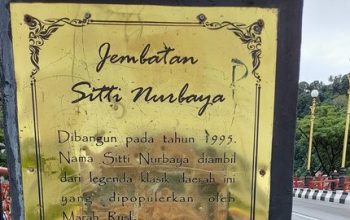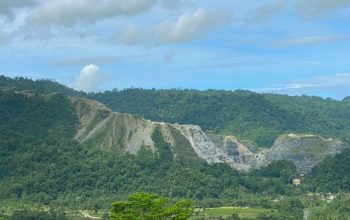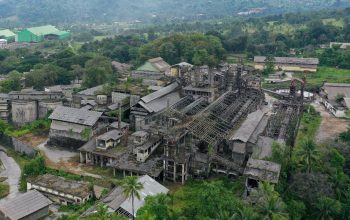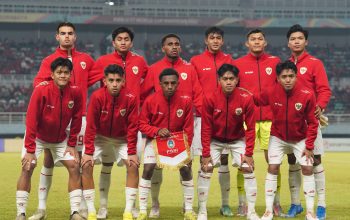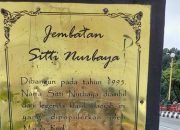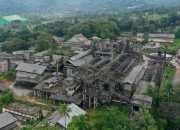The surau, a traditional Islamic institution in Minangkabau society, plays a crucial role in the upbringing and education of young men. This unique cultural establishment is more than a mosque; it is a cornerstone of social, educational, and spiritual life in Minangkabau communities.
Historical Significance
Historically, the surau was the center of learning and religious activities. It served as a madrasa where young men received religious education, memorized the Quran, and learned Islamic jurisprudence. The surau was also a place where elders imparted wisdom, cultural values, and life skills to the younger generation.
Social and Educational Hub
For Minangkabau youth, the surau is a place where they gather to socialize, discuss various issues, and engage in collective learning. It acts as a communal space where young men are taught the importance of discipline, respect, and community service. The surau fosters a sense of brotherhood and belonging, reinforcing the communal ties that are vital in Minangkabau society.
The educational role of the surau extends beyond religious teachings. It often includes lessons in traditional arts, martial arts (silat), and other skills necessary for personal development. This holistic approach ensures that young men are well-rounded and prepared to contribute positively to their community.
Spiritual Growth
Spiritually, the surau is a place where young men cultivate their faith and deepen their understanding of Islam. Daily prayers, religious lectures, and discussions help them to develop a strong spiritual foundation. The surau also provides guidance on moral and ethical issues, helping young men navigate the challenges of adolescence and adulthood within the framework of Islamic teachings.
Transition to Adulthood
The surau also plays a vital role in the transition from youth to adulthood. It is in the surau that young men learn about their responsibilities as adults, including their roles within the family and community. This transition is marked by a deeper involvement in community activities and greater participation in decision-making processes.
Conclusion
In conclusion, the surau is an indispensable institution in Minangkabau culture, particularly for young men. It is a multifaceted establishment that supports their educational, social, and spiritual development. By fostering a sense of community and instilling important values, the surau ensures that Minangkabau youth grow into responsible and well-rounded adults who are capable of contributing to the well-being of their society.
